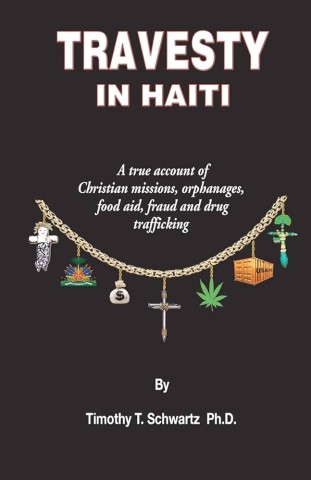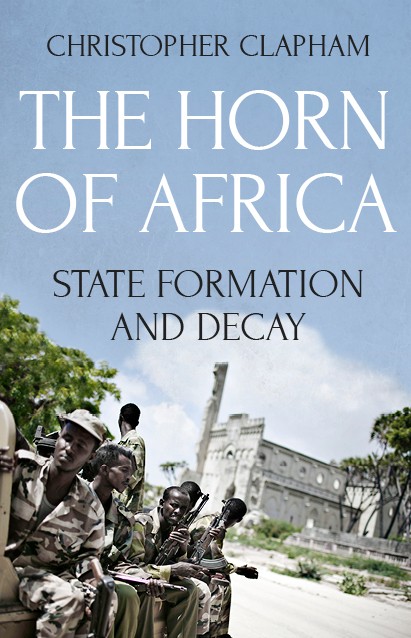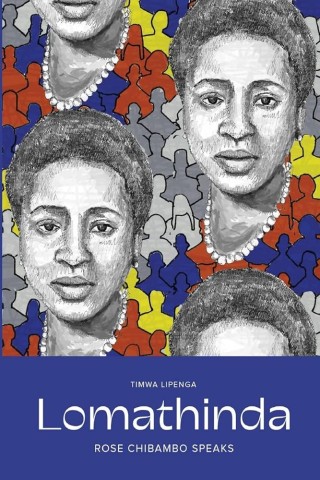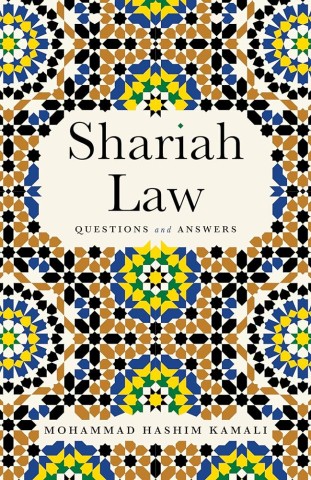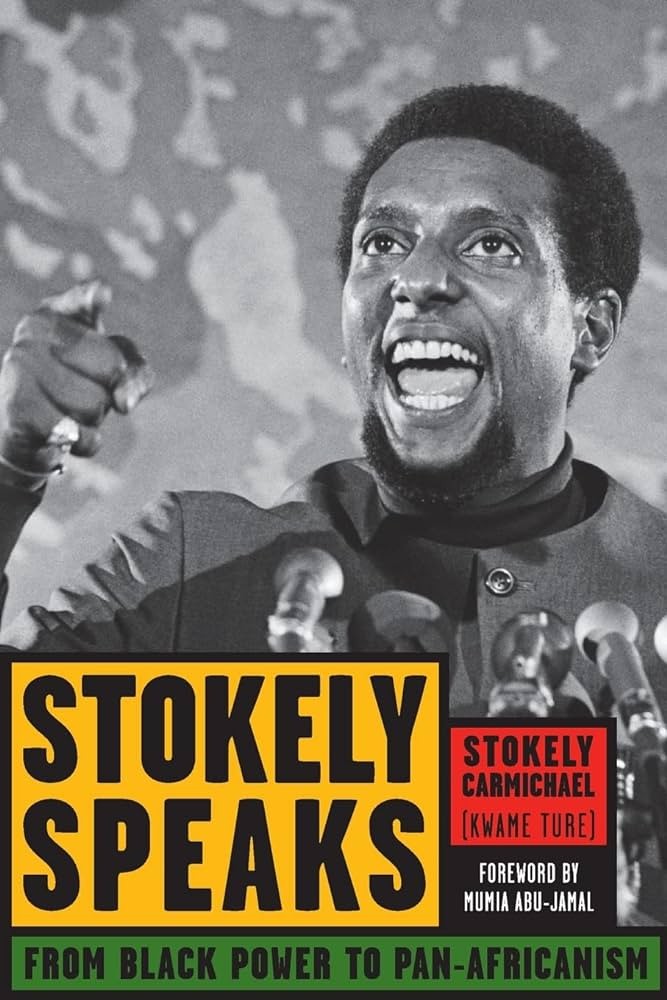I cannot recall where or how I was directed to "Travesty in Haiti: A True Account of Christian Missions, Orphanages, Food Aid, Fraud and Drug Trafficking" (2008) by Timothy Schwartz. The book appears to be self-published, and Paul Farmer is quoted on the back as saying "This book knocks it out of the park" (assuming that is the Paul Farmer, who better to speak on a book about Haiti and the NGO sector?). The author spent ~10 years in Haiti, for graduate school research and then consulting work in the NGO sector. This is an academic book, and closer to a reflective personal history as well as quasi-expose of the aid industry. The personal stories make it an engaging and easy read. There are some errors here and there. For anyone seeking out a reality check on the non-profit sector, this is the book. One lengthy note:
"...beneath the surface it was a fiasco. Massive reforestation projects had consumed millions of dollars but when I investigated they turned out to be decades long failures. Irrigation projects meant for the poor turned out, when I investigated, to be owned by congressmen and senators, doctors and nurses, engineers, and lawyers, some of whom were living in the United States. I could tell about a dike that became a dam and caused flooding and about a dam built at the cost of hundreds of thousands of dollars but that with the first heavy torrent snapped like a stick. I could tell about roads the NGOs built that became massive gullies. About twenty years and hundreds of thousands of dollars spent on BIGs (Bio Intensive Gardens that are small, highly productive vegetable gardens) that the peasants never paid the slightest bit of attention to but into which CARE International went right on pumping hundreds of thousands of dollars of aid. I could tell about a massive seed project in which, despite the fact that the Jean Makout rainy season is only three months, the NGO agronomists distributed long season seed varieties, causing the peasants who accepted and planted the seeds to lose their harvests, to be driven deeper into poverty, and I could then tell how the project was continued for four more years, how the peasants instead of planting the seeds took to soaking them to remove the pesticides and then ate them. I could tell about hundreds of barefoot doctors trained to the tune of hundreds of thousands of dollars and two years of effort, but when we tried to hire them for the survey, we found only five of whom could accurately take a pulse. I could tell about networks of local agricultural extension agents who are even more poorly trained, about the United Nation's million dollar fishing projects that were flops as well: Smoking pits going unused gran neg (political bosses) commandeering refrigerators and solar panels meant for the storage of lobster, motor powered fiberglass boats that never went to sea for any other reason than joyriding and sightseeing when local and visiting VIP's could afford The US$2 per gallon for gasoline. I could tell about all these failed projects and most bizarre of all I could tell the same stories several times over for they have been repeated in Jean Makout and throughout Haiti for over half a century the same projects, often in the same places, and always with the same result, failure." (p. 70-71)
